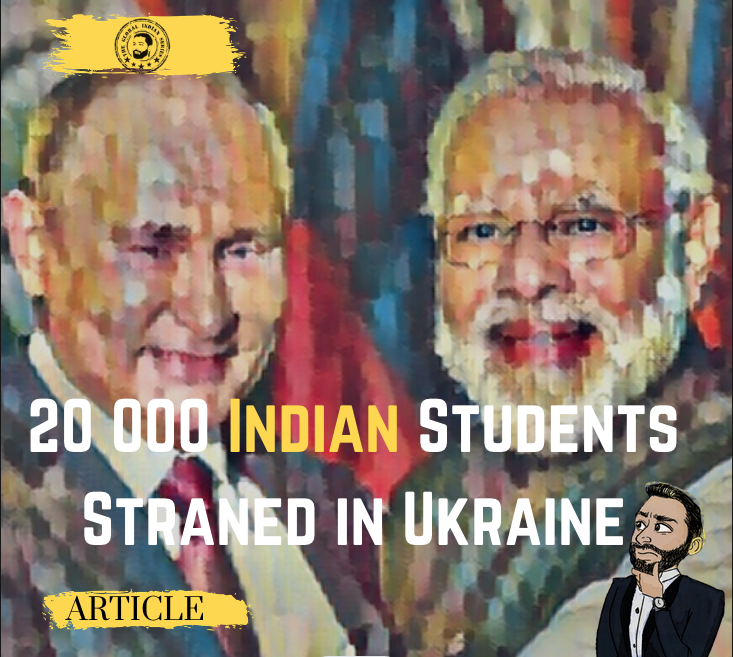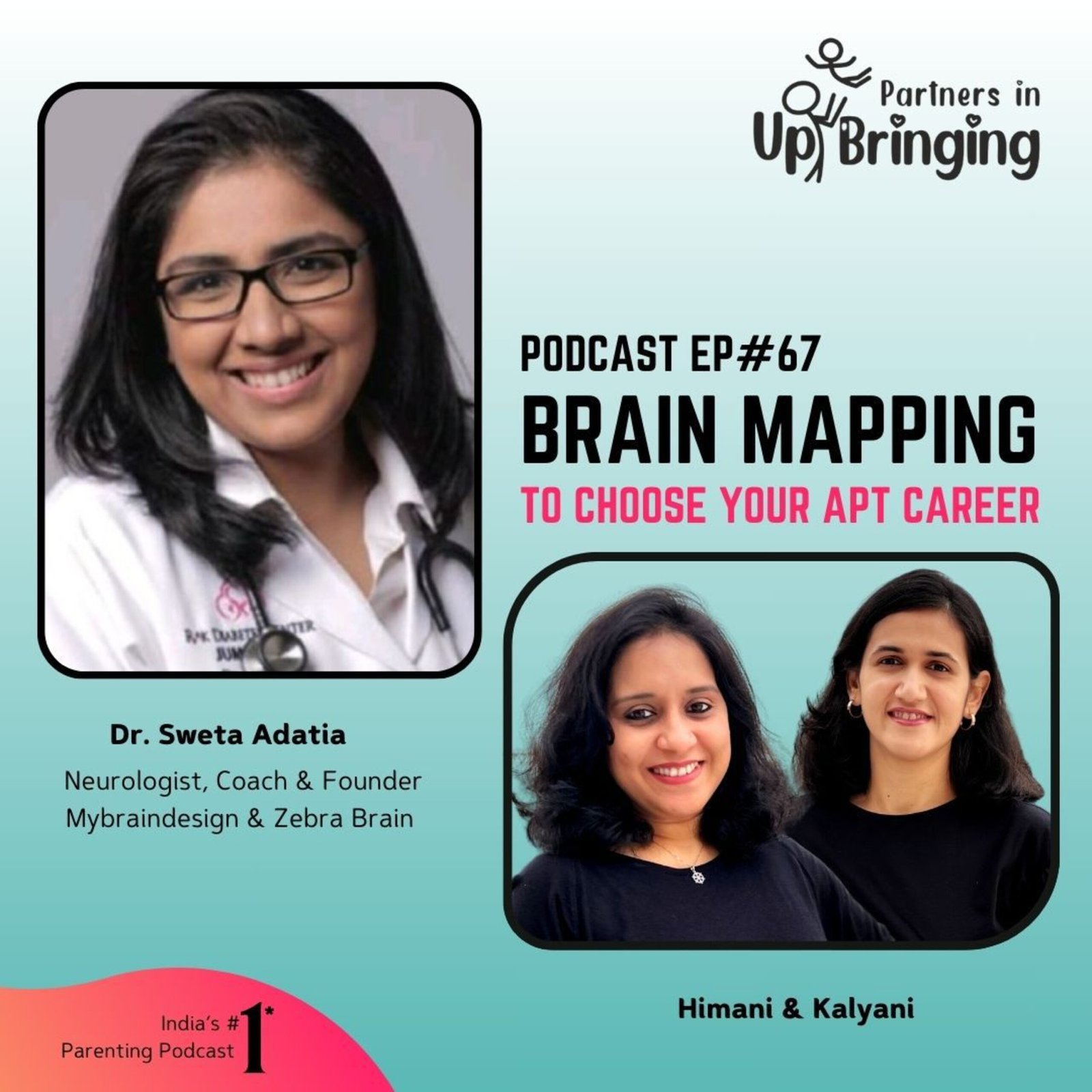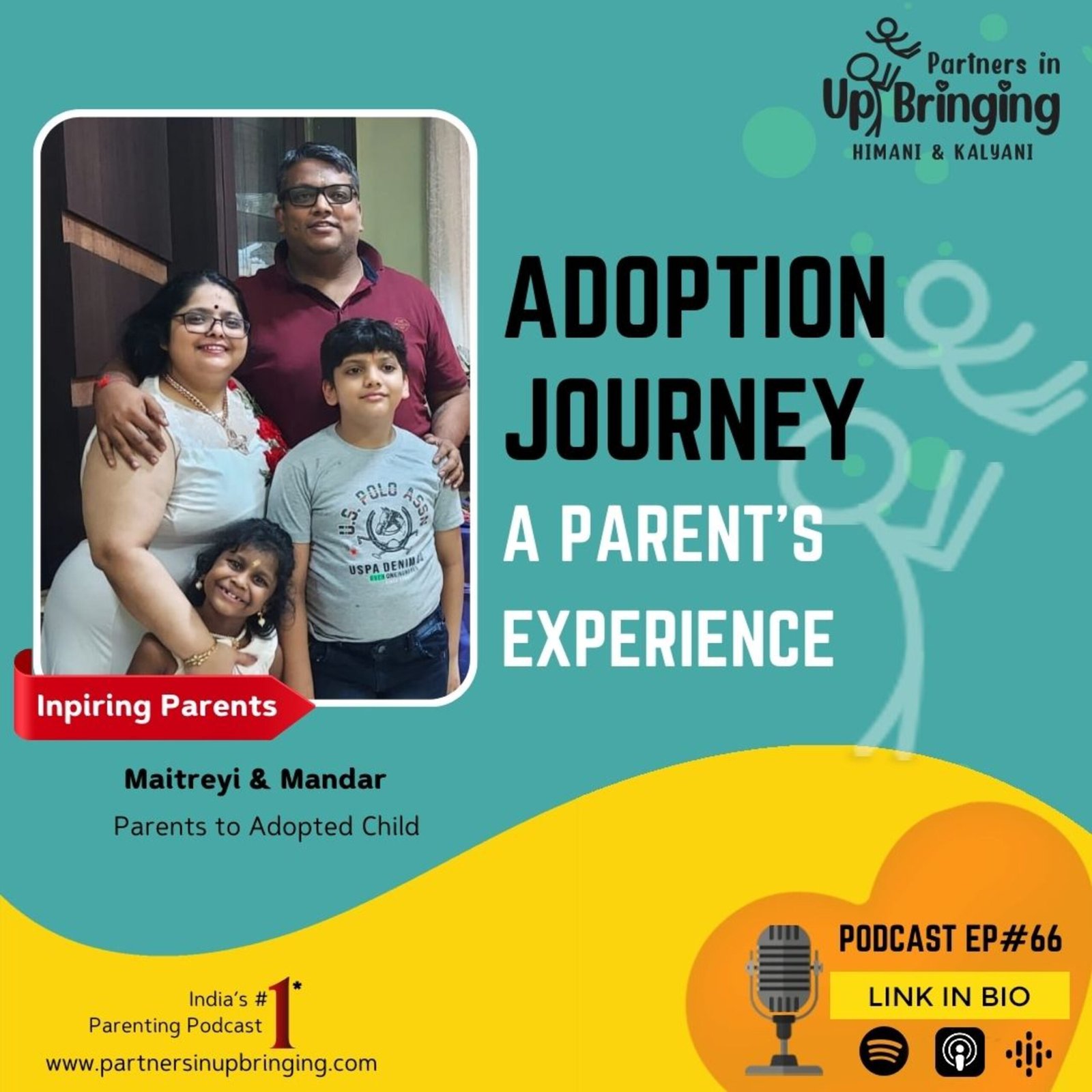War may be imminent in the Ukraine. Both Washington and London are warning that Putin plans too invade in a matter of hours. Today came news that he has dispatched troops to the two breakaway regions in Eastern Ukraine which he formally recognised on February 21st. Neither sanctions nor international condemnation will deter Putin.
POI's in Ukraine-Between Scylla & Charybdis
Meanwhile, thousands of people remain stranded in the Ukraine, including a number of people of Indian origin, most of whom are students.
Take poor Firoz Ahmed, for example who is studying medicine in Odesa. He is one of 20 000 students in Ukraine who finds themselves in a predicament: should they stay or should they go? The latter will be costly and will severely disrupt their studies. The former is equally, unattractive. If Russia declares war, there’s no knowing what the future holds for them. One stray Russian missile and they become a statistic. They are in short, between Scylla and Charybdis. In a phone interview given to All Jazeera, Ahmed says: “The atmosphere is tense for more than a week now and what we are worried about is the lack of clear answers>”
Clear answers are short supply on the ground for everyone. What happens next will have consequences for thousands of Indians across the world. Most of Ahmed’s peers do not know what to do for the best. The University has no contingency plans should Russia invade. The Indian embassy has advised students to leave temporarily. "Embassy of India is receiving a large number of calls of calls asking about the confirmation of online.”
Kanika Singh, a 21 year old medical student from Delhi, is scheduled to leave tomorrow, i.e. on February 22nd. Much can happen in a night. It shall be a worrying few days for students and parents alike.
Indian Embassy: Indians urged to " Leave temporarily"
Aside from the rather peculiar English, the advisory is less than helpful. On February 13, Mumbai-based Himanshu Dhoria tweeted that with no updates or directions from the Indian government, he and a few other parents booked their children on flights back to India. “Better safe than sorry,” he posted.
Although the plight of students Ukraine and the chaos after Partition are, needless to say very different, one can draw parallels. In essence, in both cases one has People stranded in mortal danger.
Why India is sitting on the fence?
India’s response to the affair has drawn criticism from many students. Thus far, India has sat on the fence and has urged peace without publicly condemning Russia. New Delhi’s ambassador to the United Nations told a Security Council meeting on Tuesday that the escalation of tensions in Europe was “a matter of deep concern” and had the potential to undermine regional security. Some believe India’s reluctance to take sides is not unconnected with its foreign policy towards Russia, from whom it buys arms. Indeed, Russia accounts for nearly half of India’s hardware
In December when Vladimir Putin made a state visit to India, Narendra Modi signed a pact with Russia to produce more than 600,000 Kalashnikov AK203 rifles in the northern Indian state of Uttar Pradesh. The $675 is a mere trifle but it serves to underline that India is keen to Russia and the US sweet at the same time. The two vowed to renew their “special privileged strategic partnership” and signed a number of agreements to deepen cooperation that ranged from space, energy, science and technology to joint defence production. It is a delicate balancing act. Running with the hare and hunting with the hounds is a risky business. India’s object in cultivating the friendship of both Washington and Moscow is to check China’s growing influence in Asia. So far, the policy has worked admirably but this is cold comfort to the 200000 students in Ukraine tonight.
From Russia India has also bought S-400 air defence systems and has sought Russian expertise in helping it set up its own running its nuclear submarine programme. India is at pains to stop Russia from drawing closer to China and it believes buying military hardware is an excellent means of maintaining the balance of power in its favour. At the same time, Russia does not want to see India draw any closer to the US
Geopolitics trumps people?
However, such politicking it could come at a terrible cost for thousands of Indian young people. Putin has called Ukrainian statehood a fiction but India has thus far failed to take issue with this. He claims that “there is no Ukraine.’ India’s silence speaks volumes. The notion that Ukraine is not a country, but merely historical extension of Russia, has long been the political orthodoxy in the Kremlin.
There are good historical reasons for this. Russia, Ukraine and Belarus, the Kyivan Rus after which Russia is named. The Russian were Vikings from Sweden who conquered Slavic tribes who settled in the great plain between the Vistula River and the Ural Mountains.
So, at the risk sounding factitious and possibly incurring the wrath of Vladimir Putin Russia, while clearly a land of Slaves, Russia is in large part the creation of Norsemen.
Hindu Nationalism and Russian Irredentism
All of which seems a long way from the Indian students stuck the Ukraine, only it isn’t. Mr. Modi is every inch the Hindu nationalist. The BJP is the party of Hindutva and Mr. Modi has taken steps to establish the hegemony of Hindus and Hinduism in India. By the same token, Vladimir Putin is a Russian nationalist through and through. Putin’s annexation of the Crimea in 2014 served to stoke Russian nationalism. He made his irredentist sympathies clear in a speech he gave shortly afterward. In it, he cast doubt on legitimacy of the Ukrainian state. Implicitly, he laid a basis for challenging the post-1991 status quo elsewhere in the former Soviet-ruled area: “We are not just close neighbors, we are essentially, as I have said more than once, a single people.” The events of recent days has shown beyond all doubt that Putin will stop at nothing to unite all Russians outside of Russian borders inside a unified state.
To draw a comparison between Putin and Modi is blatantly unfair. The latter is the Prime minister to the world’s biggest democracy. However, his rhetoric at times has been troubling and so too have his deeds. The Citizen Amendment act triggered riots in North Eastern Delhi in 2020 because it is widely seen as anti-Muslim. 40 people died. Muslim men were stripped. Property was vandalised. Mosques were fire bombed. Rampaging mobs were forced Muslim men to strip to show that they had been circumcised before being beaten. India is roughly 80% Hindu. Muslims make up the largest minority, with about 14% of the population — or more than 180 million people.
Mr. Modi’s law has set Indian against Indian and although he appealed for calm, the damage has been done.
So perhaps it would be better if he and his Government were to, set geo-policies aside, condemn Russia’s war-mongering in no uncertain terms and make plans to protect his people.
-------------------------------










